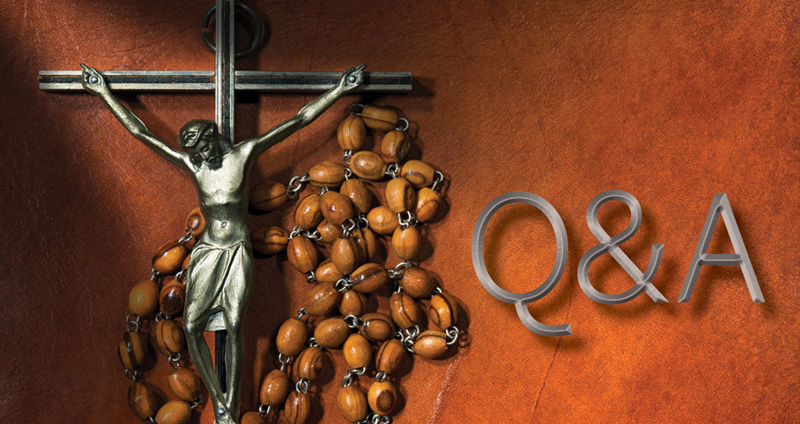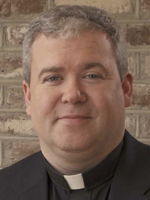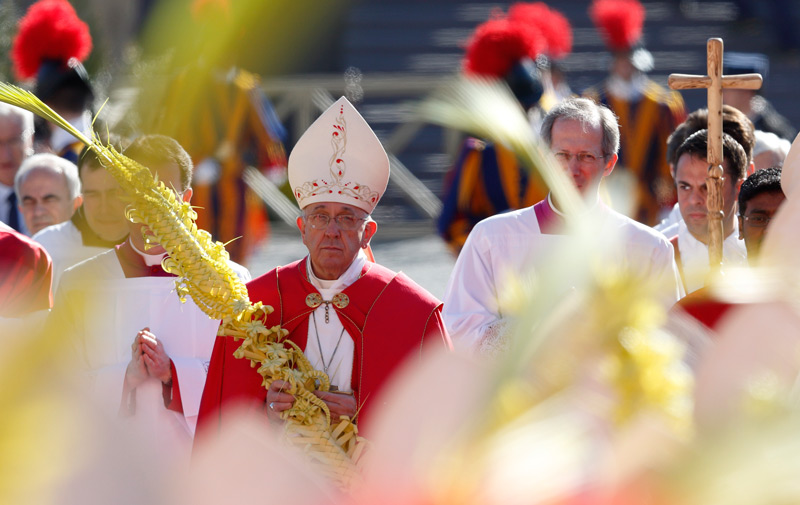
Q: Do you think the pope will ever allow women to become deacons? (Lancaster, SC)
A: Certainly, Pope Francis is sincere in his efforts to explore the theology and history of the Church in order to discern whether women are called to be ordained to the diaconate. Case in point, the pope recently established a new committee to look into the question and named a diverse group of theologians to debate the question.
In time, the committee will offer the pope a theological opinion. While we wait and see what the pope does, it’s important to clarify some things. For example, the question about women deacons is not one of equality. Of course, men and women hold a shared dignity and value. This was the monumental truth first introduced to the world by the Christian faith.
The question is really one of sacramental matter, meaning whether women are called by God to the specific service given by a deacon. The focus of the Church, therefore, is to explore divine revelation and its theological interpretation and discern what God’s will is in reference to this question.
When a similar exploration happened over the question of whether women could be ordained priests, Pope St. John Paul II declared that revelation indicated that women are not called to the ministerial priesthood. Incidentally, he was quick to emphasize that the spotlight of the Church is not on the priesthood but on sainthood. Even if someone is not called to the priesthood, she is still called to holiness and to ministry in the Church (even if not the ordained ministry of a priest).
In light of the above teaching, it’s generally argued that if women are not called to the priesthood, then it is very probable that they are not called to be deacons since the two orders are part of the single sacrament of Holy Orders.
Q: What is the proper protocol for seating after Communion? Is it acceptable for parishioners to sit after the priest puts the hosts back in the tabernacle, or should they stay kneeled until the altar is cleared? (Indian Land, SC)
A: This is a great question. It’s a specific question for our culture since in many Catholic societies, the people remain standing for the entire distribution of Holy Communion. In American culture, influenced by Irish custom, people generally remain kneeling until the priest sits down. Sitting down, however, after the Blessed Sacrament has been placed in the tabernacle is also acceptable.
Whatever posture you observe, or whenever you choose to stop kneeling and sit down, the important point is that our minds and hearts are on the Lord Jesus who has been consumed in Holy Communion and now dwells within our souls. We shouldn’t let any kneeling, sitting, somersaulting, or other posture get in the way and distract us from this central mystery. Properly understood, our postures are actually intended to be in service to this mystery and help us to understand, cherish, and express it.
Father Jeffrey Kirby is administrator of St. Joseph Church in Chester and Our Lady of Grace in Lancaster. Email him your questions at askfrkirby@gmail.com.



